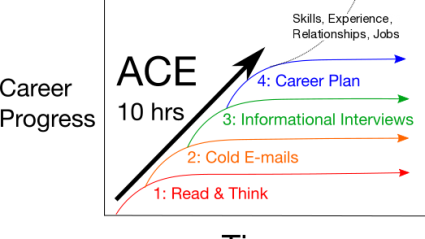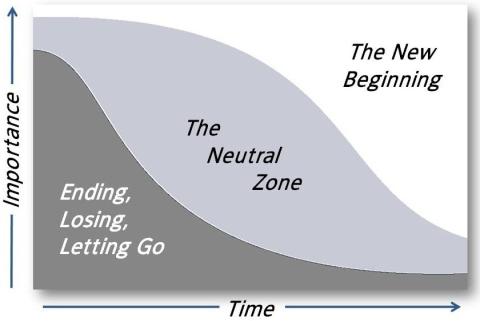Embarking on your graduate career can be exciting. You’re designing your own experiments, directing your own scientific inquiry, uncovering new knowledge. There’s so much to learn! It also comes with a unique set of challenges. There is a lack of structure – there’s no set end time, and the milestones along the way aren’t rigidly defined and often depend on you. You’re expected to work more independently than you have in the past. In addition, you may receive infrequent feedback on your work, and what you do hear is often critical.
Part Two of a Two-Part Series on Transitions *** Before reading this post, take a moment to read Part One - Understanding the Impact of Change*** If you are just arriving at the NIH as a summer student, postbac, graduate student or postdoctoral or clinical fellow, adjusting to your experience at NIH represents a transition that wi
Two of the most frequent questions that fellows ask during career counseling are, “For what jobs do I qualify? “or “Should I apply for this job?”. To answer these questions, career counselors begin with helping fellows to identify and speak assertively about career from their career trajectory that are factual and grounded in reality.



Have you drafted a career plan? Do you know if you have the required skills for your dream job? Figuring out the next step in your career and how to prepare for it can be stressful. But developing a plan, early on in your career, will help guide you through this process of identifying and achieving your career goals. This year, the OITE will be dedicating its blog to help you develop a Career Success Plan, focusing on a variety of core competencies that are critical for your career development, the first being career exploration and planning.

Recently, the staff here in the OITE had a dose of our own medicine. Our boss asked us to complete a document about our professional goals and needs. This document reminded many of us about how we tell trainees to “fill out an IDP”. For a group of professionals in the career development field, we were all surprised how hard this document was to complete. Now, we have a whole new appreciation of what our trainees struggle with when we ask them to do the same thing.

